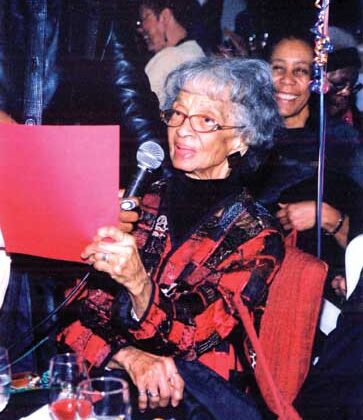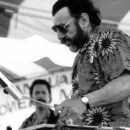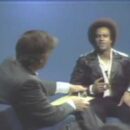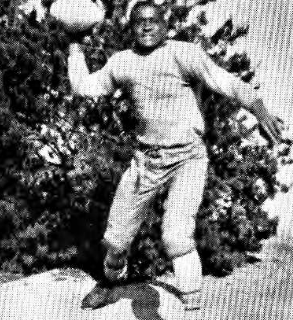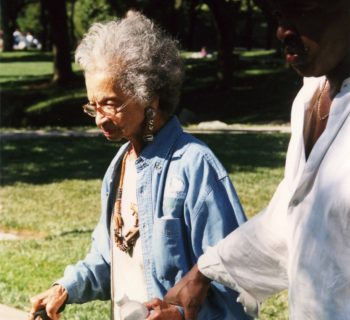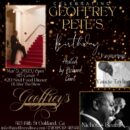MATRIARCH OF BLACK BERKELEY FAMILY MARKS 90TH BIRTHDAY —
From the Berkeley Daily Planet Newspaper, March 9, 2004 —
One of the great modern California folk myths is that African-Americans did not show up west of the Sierra Nevadas until the opening of work for black folk at the World War II shipyards. In fact, African-Americans were migrating into the state in signifi cant numbers as early as the mid-19th century, and in the East Bay had formed a stable, diverse, and well-defined community by the turn of the last century. One of the survivors of that pre-World War II black community—Berkeley native Dorothy Reid Pete—ce lebrated her ninetieth birthday last week.
The event was held in Oakland at Geoffrey’s Inner Circle, the establishment of Dorothy Pete’s youngest son, local businessman Geoffrey Pete.
A portion of Dorothy Pete’s family originally came to California from Virginia during the turmoil immediately preceding the Civil War, when plantations were being broken up and families and servants shipped out of the South in anticipation of the bloody battles soon to come. Her great-grandfather, William Henry Galt, was h onored by a California governor for his work with the state militia in helping to keep California out of the Confederacy.
Other members of Pete’s family were active in significant California and national events. One of her grandfathers, Edward Parker, is listed in the Great Register of San Francisco County Voters as having registered to vote on April 15, 1870, the first day African-Americans were allowed to vote under the protection of the 15th Amendment. A great-cousin, Berkeley native William Patterson, was the leading black member of the U.S. Communist Party during the 1930s and 1940s, and wrote the 1951 petition delivered by Paul Robeson to the United Nations charging the United States with genocide against the African-American people.
Dorothy Pete was born in Berkeley in 1914, the ninth of 13 children of Tom Reid Sr. and Virginia Parker Reid. Three of her younger sisters—Florence Lewis (the widow of former lightheavyweight champion John Henry Lewis), Maybelle Allen, and Hazel Huff—are all still liv ing.
The Reid family grew up in South Berkeley, living on both California and Oregon streets. Like most East Bay African-American families of the early 20th century, much of their recreation and social life centered around Berkeley’s San Pablo Playground, where national Negro League teams often came to play and give exhibitions on Saturdays and Sundays.
One of Dorothy Pete’s brothers, Charles Reid, was an accomplished semi-professional baseball player and a longtime recreation director at Shields Park i n North Richmond, later named Shields-Reid Park in his honor. Another brother, Paul Reid, was a cofounder (with cousin Mel Reid) of Reid’s Records on Sacramento Street, one of the oldest still-existing black businesses in Berkeley. Paul Reid was also a no ted radio gospel deejay. After his death he was honored by the City of Berkeley as a South Berkeley Pioneer, with a banner with his image placed along Adeline Street.
Dorothy Reid Pete graduated from Berkeley High School, worked as a secretary at the the n-segregated Linden Branch of the Berkeley YWCA, and later integrated the downtown YWCA as a staff worker. She married Herman Pete, a star athlete from Alameda, and moved to Oakland after living in Berkeley for several years. They had two other sons besi des Geoffrey: Gregory, a journalist and counselor, and Dennis, who had an early career with both the Black Panther Party and briefly as a defensive back with the Oakland Raiders, and has since become a church youth counselor on the east coast.


